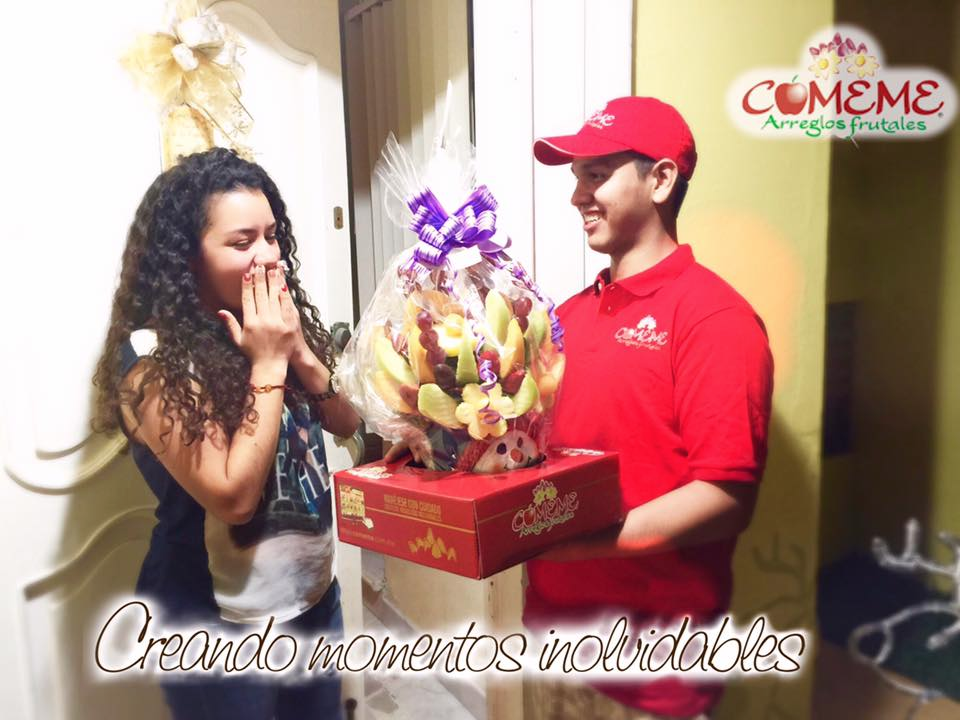
In Mexico, each town, each region, has its own traditions, its own uses and customs. But if there is a tradition found in each of them, it is undoubtedly the celebration of the Day of the Dead.
It is a Mexican celebration that honors the dead. It takes root since pre-Hispanic times.
In Mexico, the Day of the Dead is celebrated on November 1, called All Saints' Day, when the souls of children arrive, and November 2, the Day of the Dead, is when adults arrive.
The origins of the celebration of the Day of the Dead in Mexico can be traced back to the time of the indigenous people of Mesoamerica, stories such as the Aztecs, Mayas, Purepechas, Nahuas and Totonacas. Rituals celebrating the lives of ancestors have been performed for these civilizations for at least the last 3,000 years. In the pre-Hispanic era it was the common practice to keep skulls as trophies and display them during rituals that symbolized death and rebirth.
The most representative element of the Day of the Dead festivity in Mexico are the altars with their offerings, a representation of our vision of death, allegories and meanings.
